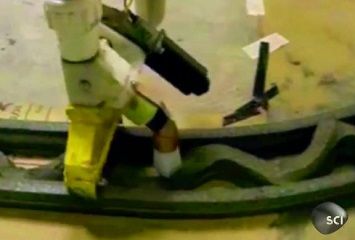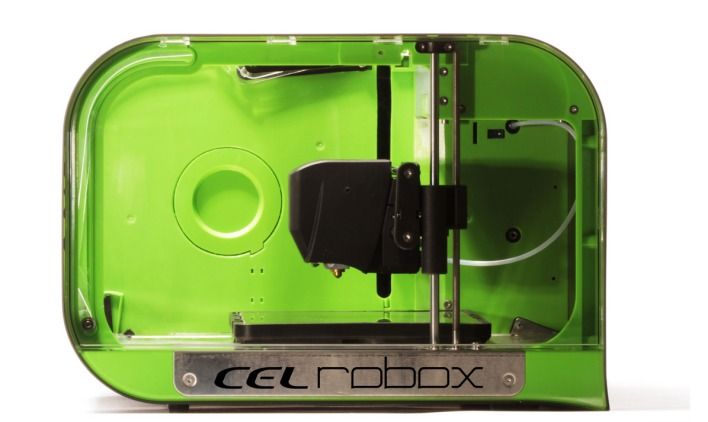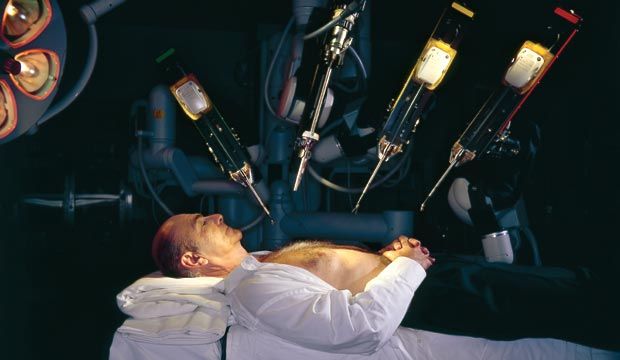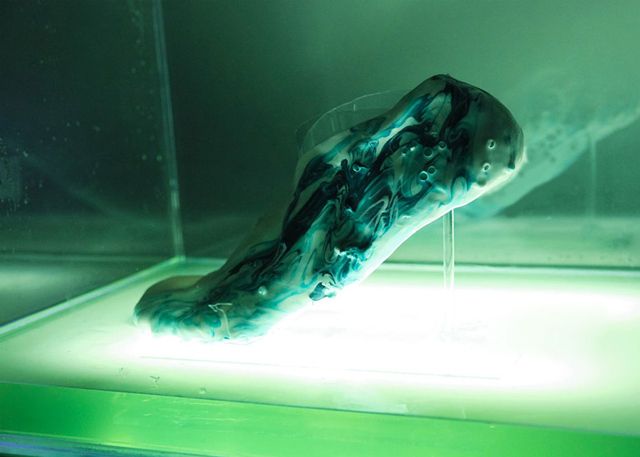Dec 21, 2013
Homes on Mars? 3D Printing Could Make That Possible, Says NASA
Posted by Seb in categories: 3D printing, space
Thinking about building a home on Mars, but having trouble finding a contractor? That might no longer be such a problem, thanks to a new technology that one day could make it much faster to build one there than it takes us now on Earth. A professor at the University of Southern California has designed an automated 3D printer that, he says, would make it “possible to build an entire home within a day.” “You press a button and it will be built,” says Behrokh Khoshnevis, who teaches industrial and systems engineering at USC.

The process, called “Contour Crafting,” was conceived as a way to quickly construct emergency housing on this planet out of concrete. But NASA sees other applications for Khoshnevis’ homebuilding innovation — for starters, projects such as an airport on the moon. “Behrokh’s work is one of the most creative and far reaching concepts I’ve seen,” said Jason Derleth, the program manager for NASA Innovative Advanced Concepts, in a news release this past summer. “He really has a chance to change the world by robotically printing buildings here, and he may even change the next human world by doing the same on the moon and Mars.”













